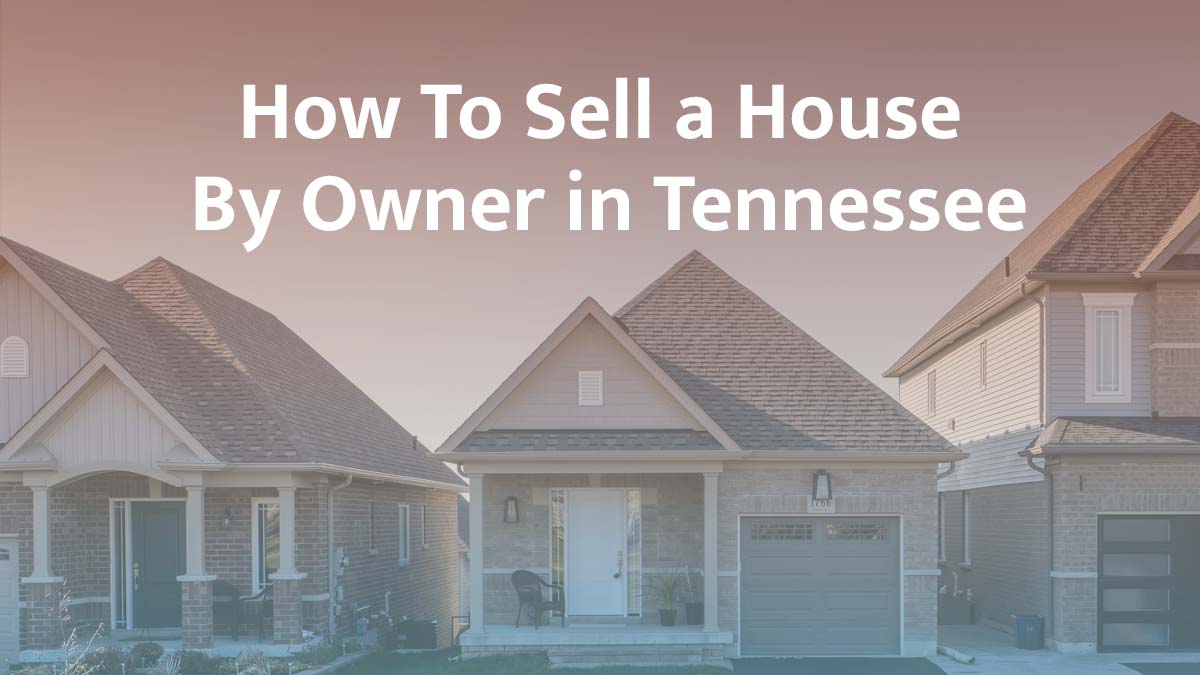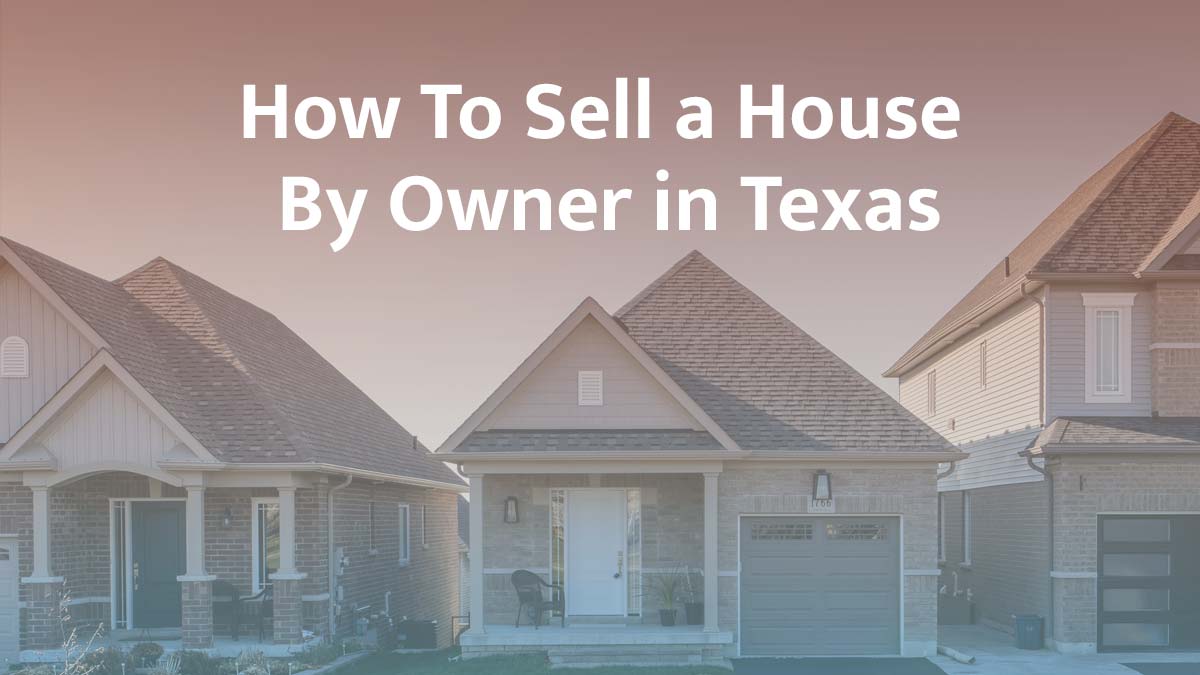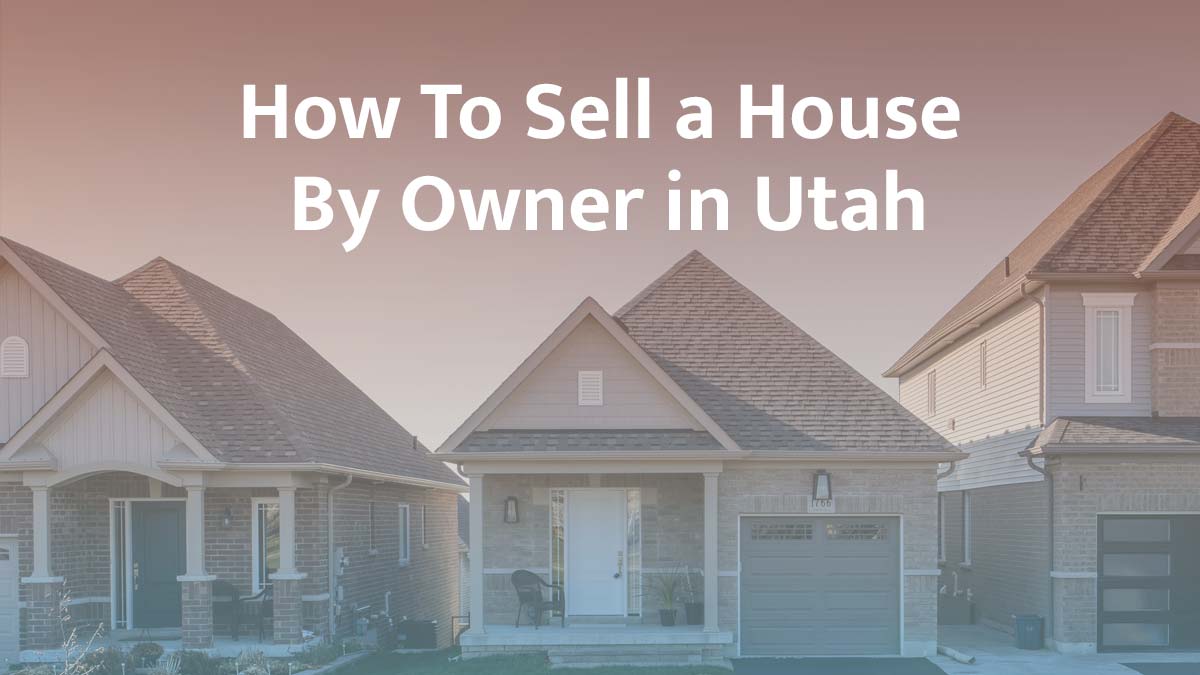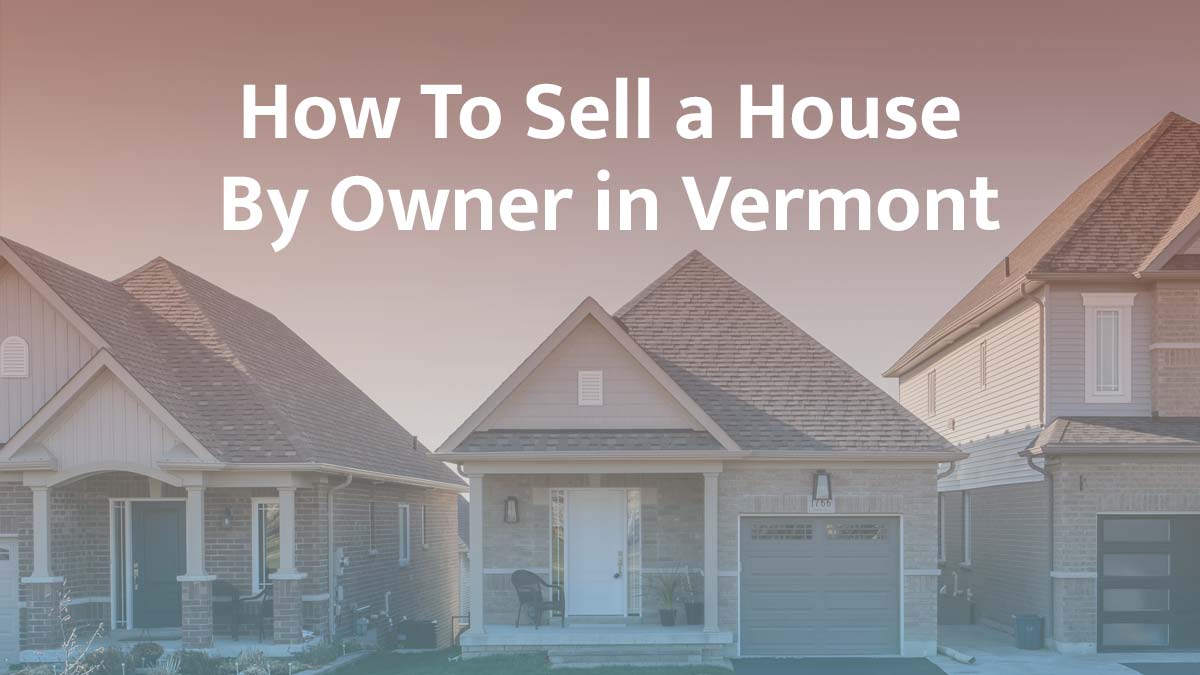Selling your house while you still have a mortgage might sound complicated, but it’s actually pretty common. Whether you’ve outgrown the space or need to relocate fast, having a mortgage doesn’t stop you from making a move.
The key is knowing what happens behind the scenes. How is the loan paid off? What about the money you’ve already put in? Can you still walk away with cash in your pocket? This guide covers what to expect, how to prep, and what choices you have along the way.
Want to skip the showings and uncertainty? Get your data-backed cash offer today from iBuyer.com and sell on your schedule.
Compare Cash Offers from Top Home Buyers. Delivered by Your Local iBuyer Certified Specialist.
One Expert, Multiple Offers, No Obligation.
Selling With Mortgage
- Yes, You Can Sell a House With a Mortgage, Here’s How It Works
- Step-by-Step: What to Do Before Listing Your Home With a Mortgage
- What Happens When You Sell a House With a Mortgage?
- What Happens to Your Mortgage at Closing?
- What If You Have Negative Equity or Owe More Than the Home Is Worth?
- Want to Buy a New Home Before Selling This One? Here’s What to Know
- Reilly’s Two Cents: Selling With a Mortgage Doesn’t Have to Be a Headache
- Selling a House With a Mortgage
- Frequently Asked Questions
Yes, You Can Sell a House With a Mortgage, Here’s How It Works
Having an existing mortgage doesn’t stop you from selling your home. In fact, it’s the norm, most people don’t stay in one house long enough to pay off a 30-year loan. What matters is the home’s current market value compared to your remaining loan balance.
Here’s how it works: when you sell, the buyer’s funds are used to pay off your mortgage directly. This happens at closing, through a third-party escrow or title company. You don’t have to write a check to the bank or handle the logistics yourself, they’re built into the process.
Your lender will provide a payoff statement, which shows exactly how much you owe, including any unpaid interest or fees. That number is subtracted from the sale price, along with other closing costs like agent commission, taxes, and title fees. Whatever’s left over is yours to keep.
If you’ve owned your home for a while, you may have built up home equity, the difference between what your house is worth and what you still owe. That equity becomes your profit. On the other hand, if your mortgage is close to or higher than your home’s value, things get tighter. But we’ll talk more about those scenarios later.
Step-by-Step: What to Do Before Listing Your Home With a Mortgage
Before you put that “For Sale” sign in the yard, there are a few key steps to take, especially when you still owe on your mortgage. Doing this prep work early helps avoid delays, surprises, and last-minute negotiations.
1. Request a mortgage payoff statement.
Start by calling your lender and asking for a formal payoff quote. This document shows the total amount you’ll need to pay off your mortgage in full. It includes the remaining principal, interest through the projected closing date, and any fees. Most quotes are only valid for a short period, so don’t wait until the last minute.
2. Check for prepayment penalties.
Some loans come with fees for paying off your mortgage early, especially if you’re still within the first few years. These are called prepayment penalties. Not all lenders charge them, but it’s worth reviewing your loan terms or asking directly.
3. Estimate your home equity.
Subtract your payoff amount from your home’s current market value. That’s your estimated equity. A real estate agent or online home valuation tool can help you get a ballpark figure, but for a more accurate read, consider a professional appraisal or market analysis.
4. Set your timeline.
Selling with a mortgage means you’ll need to time the sale and closing date around your loan payoff. If you’re also buying a new home, the schedule gets more complex. That’s why it’s smart to plan your ideal move-out date early and communicate it clearly with your agent.
5. Price your home strategically.
If your equity is slim, pricing your home right matters even more. You’ll need to cover your mortgage balance and other selling costs, ideally with enough left over to walk away with cash in hand.
What Happens When You Sell a House With a Mortgage?
Once your home is listed and under contract, the process moves into motion. Here’s what typically happens behind the scenes as your mortgage gets paid off and ownership transfers to the buyer.
It All Starts With a Signed Offer
After you accept a buyer’s offer, both sides agree on terms in a purchase contract. This sets the price, closing date, and contingencies. It marks the official start of the sale process, and kicks off everything from appraisals to title checks.
Your Lender Prepares the Payoff Details
You’ll need to request a payoff statement from your lender. This document shows the exact amount needed to pay off your mortgage, down to the penny. It includes principal, daily interest, and any fees due at closing.
The Title Company Handles the Heavy Lifting
Once the payoff details are in, the title or escrow company steps in. They act as the go-between, working with your lender, the buyer’s agent, and attorneys (if needed) to prepare final paperwork and coordinate the closing.
Your Loan Gets Paid Off at Closing
At closing, the buyer’s payment is used to pay off your mortgage directly. You won’t have to transfer anything yourself, the title company wires the funds to your lender, and your mortgage is officially satisfied.
Other Fees Are Deducted From the Sale
Before you get your proceeds, other costs are taken out, this includes real estate agent commission, taxes, and transfer or title fees. These are all listed in the final settlement statement for your review.
Ownership Changes Hands and You Get Paid
Once all documents are signed and the payment clears, the sale is recorded with your local government. Your lender releases the lien, the buyer gets the keys, and the remaining funds are sent to your bank account, usually within a day.
What Happens to Your Mortgage at Closing?
The closing table is where everything comes together, including your mortgage payoff. Once your home is under contract, the buyer’s funds are sent to a neutral third party, typically a title or escrow company. They handle distributing the money, ensuring your mortgage is paid in full before the home officially changes hands.
Your lender will receive the exact amount listed on the most recent payoff statement, which includes the remaining loan balance, daily interest, and any applicable fees. That payment is made directly by the title company using the buyer’s funds, so you’re not paying out-of-pocket at this stage.
Next come the closing costs. As the seller, you’ll usually cover the real estate agent commission, which can run about 5–6 % of the sale price. Other costs might include prorated property taxes, title fees, and government transfer taxes depending on your location.
Once your mortgage is paid and the closing costs are settled, any remaining balance, the net proceeds, is wired to your bank account. This is your profit from the sale and can be used for your next home, debt payoff, or anything else you’ve planned.
If the home sells for less than expected, or if you didn’t account for all fees upfront, your proceeds may be smaller than anticipated. That’s why knowing your numbers ahead of time is so important, and why having the right team in place can make or break the outcome.
What If You Have Negative Equity or Owe More Than the Home Is Worth?
If your home’s market value is lower than your remaining mortgage balance, you’re in what’s called negative equity, sometimes referred to as being “underwater.” It’s not ideal, but it doesn’t mean you’re out of options.
In this situation, a short sale may be necessary. A short sale is when your lender agrees to accept less than what’s owed on the mortgage. You’ll need to get their approval before listing the home, and the process can take longer than a typical sale. Lenders don’t always agree to short sales, and they often require financial documentation to show hardship.
Another route is waiting it out, if your local market is improving, you might regain equity over time. Renting the home temporarily can help cover the mortgage until you’re in a better financial position to sell.
You could also look into bringing cash to the table at closing to cover the difference, although that’s often a last resort. If you do go this route, be sure to consider your long-term financial goals.
It’s worth noting: negative equity tends to shrink over time as your loan balance decreases and home values rise. But if you’re in a time crunch or facing financial pressure, working with a professional who’s familiar with underwater sales can help you explore every possible option.
Want to Buy a New Home Before Selling This One? Here’s What to Know
Buying a new home while you still own your current one is doable, but it adds a few layers of complexity. The biggest hurdle is financial: most lenders will include both mortgage payments when evaluating your application. That means your debt-to-income ratio (DTI) must stay within acceptable limits, which can be challenging if you’re carrying two large loans at once.
Your credit score and overall financial health play a big role here. If your income is high enough and your existing debts are low, some lenders may approve a new mortgage without requiring you to sell first. Still, even if you qualify, managing two mortgages at the same time can be financially and emotionally stressful.
That’s where bridge loans come into play. These are short-term loans that let you tap into your current home’s equity to help fund the purchase of a new one. You typically repay the bridge loan once your old home sells. While this option can work well in competitive markets, be aware that bridge loans often come with higher interest rates, strict approval requirements, and short repayment timelines.
Another approach is to use savings or a home equity line of credit (HELOC) to fund the down payment on the next home. This can work if you’re confident your current home will sell quickly, but it still means carrying extra debt in the meantime.
Some homeowners try to coordinate closings, selling their current home and buying the next one on the same day. It’s possible, but it requires careful planning, strong communication between agents and lenders, and a bit of luck with timing.
If you’re thinking about buying before you sell, start talking with a real estate agent and a lender early in the process. They can help you understand your financial position and map out a strategy that reduces stress and avoids surprise delays.
Reilly’s Two Cents: Selling With a Mortgage Doesn’t Have to Be a Headache
I’ve worked with plenty of folks who felt stuck because they still had a mortgage on their home. It’s one of those things that sounds more complicated than it really is. Once you understand how the process works, and get a clear view of your numbers, it becomes a lot more manageable.
One thing I always recommend: call your lender early. Even if you’re not ready to list yet, getting that payoff statement gives you a solid starting point. It tells you exactly how much you owe, which helps you and your agent set a realistic price that leaves you with something in your pocket.
Don’t forget to factor in costs. Sellers are often surprised by how much they spend on commissions, taxes, and little things like repairs or staging. Make sure your pricing strategy covers those expenses, especially if your equity is on the lower side.
If you’re trying to sell and buy at the same time, timing becomes everything. The smoother the transition, the less likely you are to face a gap in housing or double mortgage payments. Start those conversations early with your agent and lender, and make sure everyone’s on the same page.
And if you’re in a tight spot, whether it’s a quick move or financial stress, don’t assume you’re out of options. Every situation is different, and a good agent can help you explore paths you might not even know exist.
Selling a House With a Mortgage
Selling a house with a mortgage is nothing out of the ordinary. In fact, it’s how most home sales happen. What matters is being prepared, knowing your payoff amount, understanding your equity, and budgeting for costs like agent commission and closing fees.
The more you know upfront, the smoother the sale will go. Whether you’re sitting on solid equity or trying to buy your next place before this one sells, there’s always a path forward. The key is to plan ahead, ask questions, and surround yourself with the right professionals.
Want to sell without the stress of listings, showings, or delays? Get your cash offer from iBuyer.com and move on your terms.
Instant Valuation, Confidential Deals with a Certified iBuyer.com Specialist.
Sell Smart, Sell Fast, Get Sold. No Obligations.
Frequently Asked Questions
Your mortgage gets paid off at closing using the buyer’s funds. The title company handles the payoff directly with your lender. Any money left after that, minus fees, is yours to keep.
Yes, if your home sells for more than your mortgage balance and other selling costs, the remaining equity becomes your profit.
There’s no legal waiting period, but some loans have early payoff penalties. Selling too soon might also limit your equity, so check your numbers carefully.
A payoff statement shows the total amount needed to pay off your mortgage. You can request it from your lender, and it’s typically valid for a few weeks.
Not at all, most homes are sold with mortgages still in place. The process includes a few extra steps, but it’s routine for lenders, agents, and title companies.
Reilly Dzurick is a seasoned real estate agent at Get Land Florida, bringing over six years of industry experience to the vibrant Vero Beach market. She is known for her deep understanding of local real estate trends and her dedication to helping clients find their dream properties. Reilly’s journey in real estate is complemented by her academic background in Public Relations, Advertising, and Applied Communication from the University of North Florida. This unique combination of skills has enabled her to seamlessly blend traditional real estate practices with cutting-edge marketing strategies, ensuring her clients’ properties gain maximum visibility and sell quickly.
Reilly’s career began with a strong foundation in social media marketing and brand communications. These skills have proven invaluable in her real estate practice, allowing her to offer innovative marketing solutions that set her apart in the industry. Her exceptional ability to understand and meet clients’ needs has earned her a reputation for providing a smooth and satisfying transaction process. Reilly’s commitment to client satisfaction and her innovative approach have garnered her a loyal client base and numerous referrals, underscoring her success and dedication in the field.
Beyond her professional achievements, Reilly is passionate about the Vero Beach community. She enjoys helping newcomers discover the charm of this beautiful area and find their perfect home.
Outside of work, she loves exploring Florida’s stunning landscapes and spending quality time with her family. Reilly Dzurick’s combination of expertise, marketing savvy, and personal touch makes her a standout real estate agent in Vero Beach, Florida.




